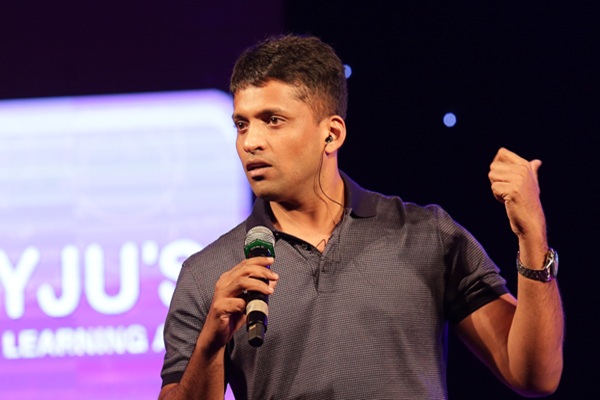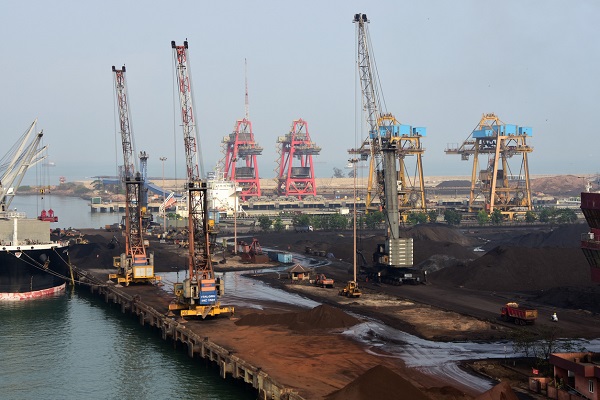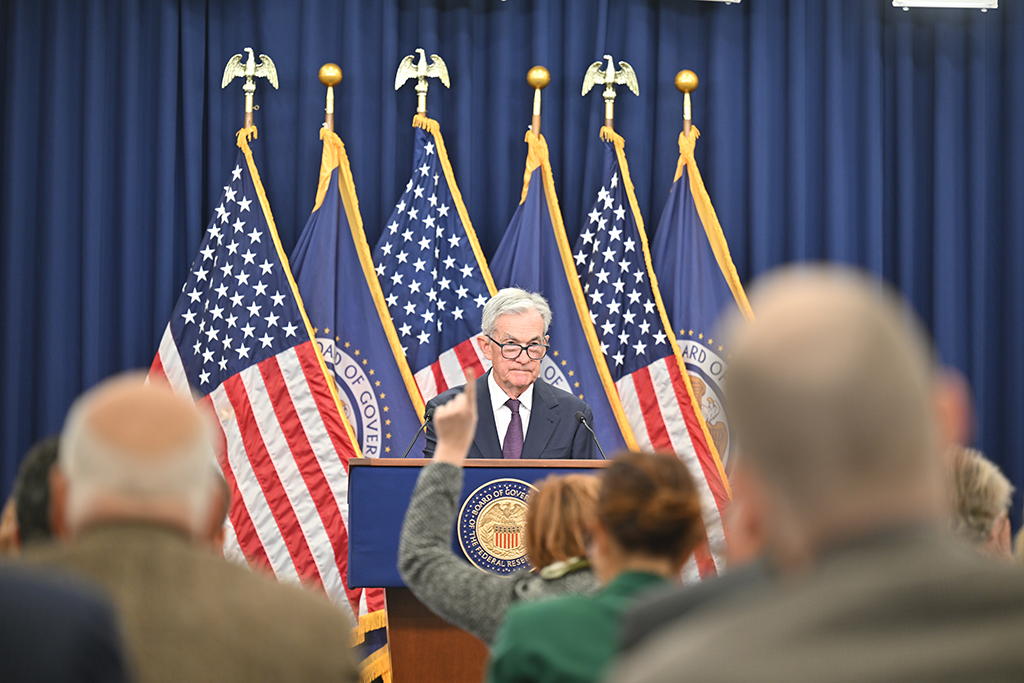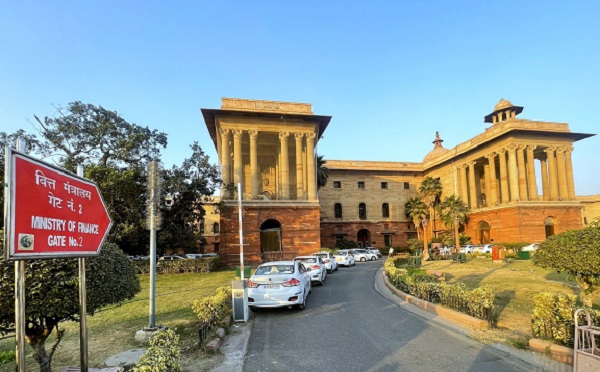.png)
Mumbai Train Blast Case, Google, Celebi, SpiceJet, and More
Your weekly rundown of significant judicial rulings and legal battles influencing policy, companies, regulation, and governance.

July 28, 2025 at 3:54 AM IST
“No religion permits you to damage the environment”
— Justice (retd.) Abhay Oka on religious practices that harm rivers and seas
Why the Supreme Court stayed the acquittal of train blast accused but not their release
In a major legal development, the Bombay High Court acquitted all the accused in the 2006 Mumbai train blast case, one of the deadliest terror attacks in India. The high court found that the trial court failed to establish the guilt of the 12 accused, five of whom were on death row, beyond reasonable doubt, a standard of proof required under India’s criminal law.
Unsurprisingly, the acquittal opened up a discourse about reparations in cases of wrongful incarceration, among other things. Along expected lines, the government was quick to knock on the Supreme Court’s doors seeking a stay on the high court ruling. The Maharashtra government succeeded in getting the stay but on a very specific limited ground.
“There is no question of bringing them back to prison,” the two-judge bench of the top court said about the accused who have been released since the high court’s ruling. The Supreme Court noted that the Maharashtra government sought a stay not on the release of the prisoners but on the high court’s verdict being used as a precedent.
The high court made some findings on law and observations in its verdict which could have become an impediment in other cases being tried under MCOCA, or Maharashtra Control of Organized Crime Act. To this extent, the judgment needed to be stayed, the government counsel told the top court and succeeded in getting it. The top court stayed the acquittal despite it being an unusual or rare practice. It agreed to hear Maharashtra government’s appeal against the judgment and held that the judgment will not be used as a precedent in other cases, without pausing the release of the accused.
The trajectory this case takes going forward will not only be interesting but critical in India’s criminal justice jurisprudence that favours keeping innocent people free and finds that the system often fails in upholding this principle.
The Week That Was
Key Rulings
- Bombay High Court acquits all accused in the 2006 Mumbai train blast case; Supreme Court stays the ruling but no pause on release of the accused
Courts
- Delhi’s government petitions the top court to review its 2018 order banning 10-year-old diesel, and 15-year-old-petrol vehicles in the capital to curb pollution
- Karnataka High Court says that Google India cannot be sued for alleged defamatory content hosted by the US entities YouTube and Google LLC
- UK firm Lifestyle Equities appeals before Supreme Court against a Delhi High Court order that halted the enforcement of a ₹3.4-billion award against Amazon Technologies
- Google approaches Supreme Court to challenge NCLAT ruling in the Playstore policy antitrust case
- Bombay High Court lifts the interim relief granted to Turkish firm Celebi, allows Mumbai Airport to proceed with the tendering process for replacing the firm after its security revocation was affirmed by Delhi High Court
- Supreme Court rejects plea by Kalanithi Maran and KAL Airways seeking claims of against SpiceJet
- Chief Justice of India BR Gavai recuses from hearing Justice Yashwant Varma’s plea against the in-house committee’s report against him
- Supreme Court dismisses BCCI and Riju Raveendran’s pleas challenging NCLAT’s refusal to allow BCCI’s settlement with Byju’s to withdraw insolvency proceedings
- Supreme Court lifts stay on the investigation into Lilavati Hospital’s alleged irregularities
Quasi Courts
- PMLA Appellate Tribunal finds Chanda Kochhar guilty of accepting bribe, affirms ED’s move to attach assets in Videocon case
- Income Tax Appellate Tribunal rejects the Congress party’s plea against a tax demand of ₹1.99 billion for assessment year 2018-19
The Big Listings
Jul 28: Supreme Court scheduled to hear PIL against special intensive revision of the Bihar electoral roll
Jul 30: Bombay High Court scheduled to hear a petition by HDFC Bank’s MD-CEO against an FIR filed against him by the trust that operates Lilavati hospital
Aug 1: NCLT’s principal bench is scheduled to hear BPSL’s former promoter’s plea for initiating liquidation in line with top court’s order
Aug 4: NCLAT to hear pleas concerning Vedanta demerger
Aug 20: NCLT in Ahmedabad to hear petition for Vedanta’s demerge
Aug 20: Supreme Court to hear Flipkart’s appeal against a high court which affirmed CCI probe into the company
* The dates of hearing can change and a concrete list is prepared just a day before
Legal Moves
- Cyril Amarchand Mangaldas announces selecting Legora as its generative AI platform
- Government notifies appointment of seven judges to the Rajasthan High Court, three judicial officers as judges to Delhi High Court
- Nishant Sogani and Zubin Poovathinkal elevated to partner at Chandhiok & Mahajan
- Lakshmikumaran & Sridharan announce eight partners, one director, 16 executive partners in annual promotions
- Alipak Banerjee leaves Nishith Desai Associates to start own practice
- Gaurav Bansal joins Jurisphere.ai after AZB Partners




